
Today's Twitter threads (a Twitter thread).
Inside: K-shaped recovery vs wealth taxes; Facebook vs Australia; The Paltrow-Industrial Complex; and more!
Archived at: pluralistic.net/2021/02/21/pal…
#Pluralistic
1/
Inside: K-shaped recovery vs wealth taxes; Facebook vs Australia; The Paltrow-Industrial Complex; and more!
Archived at: pluralistic.net/2021/02/21/pal…
#Pluralistic
1/
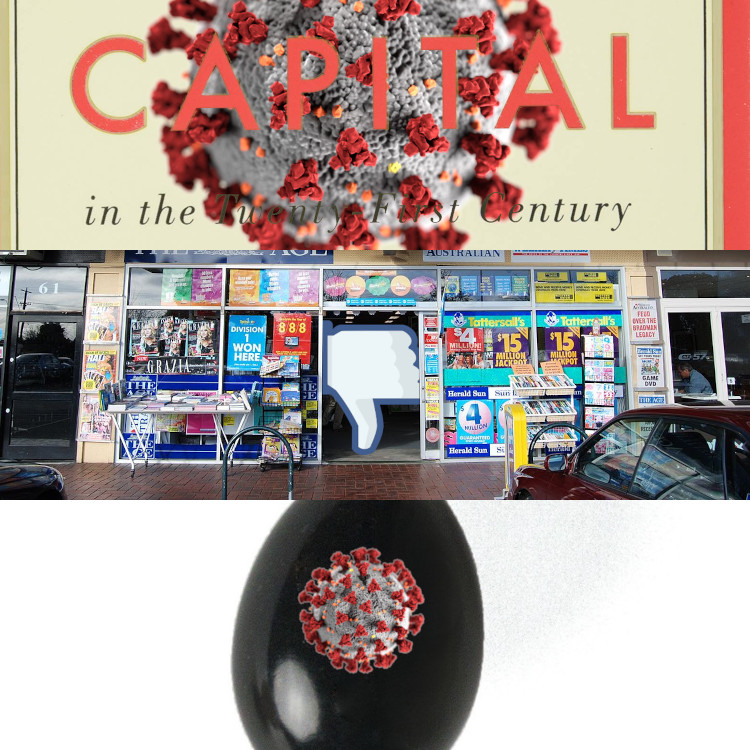
Tomorrow, I'm delivering a keynote address for the NISO Plus conference, "The day of the comet: what trustbusting means for digital manipulation."
nisoplus21.sched.com/event/fMlc/key…
2/
nisoplus21.sched.com/event/fMlc/key…
2/

K-shaped recovery vs wealth taxes: Evita's spectre is haunting Argentina.
3/
https://twitter.com/doctorow/status/1363498926167363587
3/
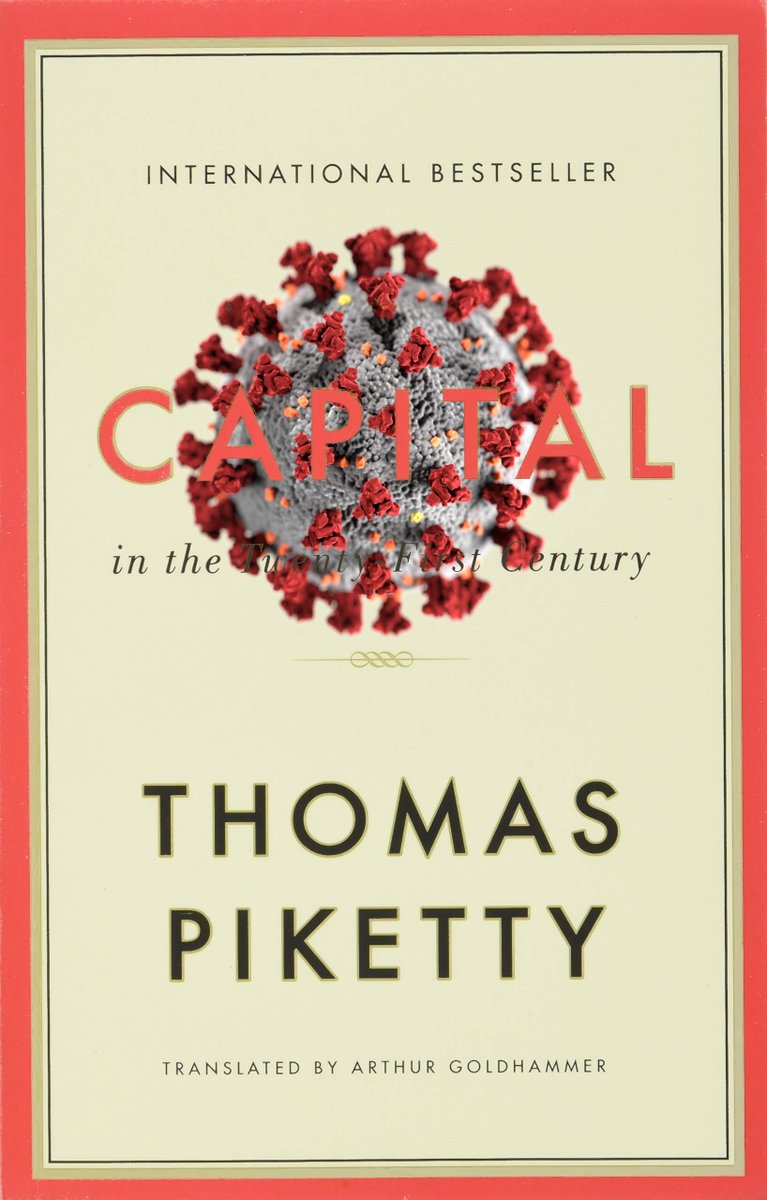
Facebook vs Australia: It's not a link-tax, it's collective bargaining.
4/
https://twitter.com/doctorow/status/1363517761310265347
4/
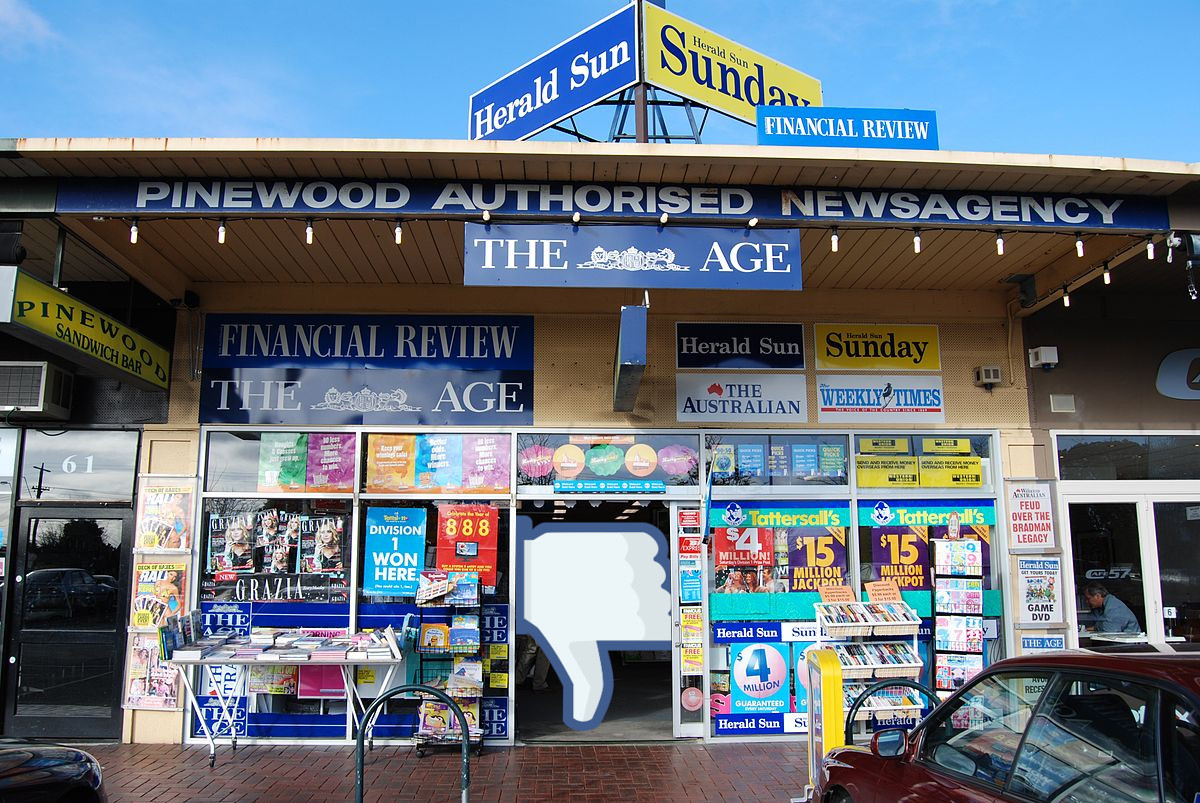
The Paltrow-Industrial Complex: How Goop is cashing in on covid.
5/
https://twitter.com/doctorow/status/1363524397554835460
5/

#15yrsago Artists paint Detroit’s derelict buildings Tiggeriffic Orange thedetroiter.com/nov05/disneyde…
#15yrsago Copyright office head denounces “big mistake” of extending copyright web.archive.org/web/2006032916…
6/
#15yrsago Copyright office head denounces “big mistake” of extending copyright web.archive.org/web/2006032916…
6/

#15yrsago Shoes designed for illegal Mexican/US border crossings news.bbc.co.uk/2/hi/americas/…
#10yrsago America’s Chief Apocalypse Officer, a Fed job ad from 1956 web.archive.org/web/2011021002…
#10yrsago How Anonymous decides: inside the lulz-sausage factory arstechnica.com/tech-policy/20…
7/
#10yrsago America’s Chief Apocalypse Officer, a Fed job ad from 1956 web.archive.org/web/2011021002…
#10yrsago How Anonymous decides: inside the lulz-sausage factory arstechnica.com/tech-policy/20…
7/
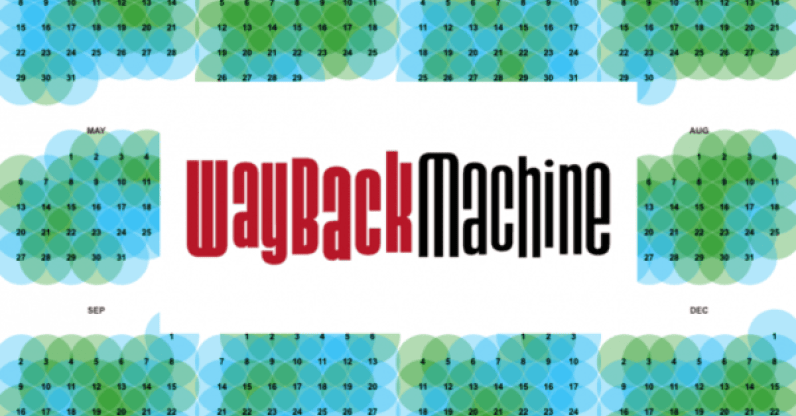
#10yrsago Overcome information overload by trusting redundancy theguardian.com/technology/201…
#10yrsago Saif Gadaffhi, plagiarist saifalislamgaddafithesis.fandom.com/wiki/Saif_Al-I…
#10yrsago Gadaffhi Junior’s PhD celebrates “soft power,” democracy 3quarksdaily.com/3quarksdaily/2…
8/
#10yrsago Saif Gadaffhi, plagiarist saifalislamgaddafithesis.fandom.com/wiki/Saif_Al-I…
#10yrsago Gadaffhi Junior’s PhD celebrates “soft power,” democracy 3quarksdaily.com/3quarksdaily/2…
8/

#10yrsago Libya’s UN mission asks world to defend Libyans from Gadaffi web.archive.org/web/2011022404…
#10yrsago Google App to help locate people in Christchurch quake web.archive.org/web/2011022209…
9/
#10yrsago Google App to help locate people in Christchurch quake web.archive.org/web/2011022209…
9/

#5yrsago Republican Congressmen backed by airline money kill research on legroom and passenger safety theintercept.com/2016/02/21/bac…
#5yrsago Uber uses customer service reps to push anti-union message to drivers qz.com/619601/uber-is…
10/
#5yrsago Uber uses customer service reps to push anti-union message to drivers qz.com/619601/uber-is…
10/
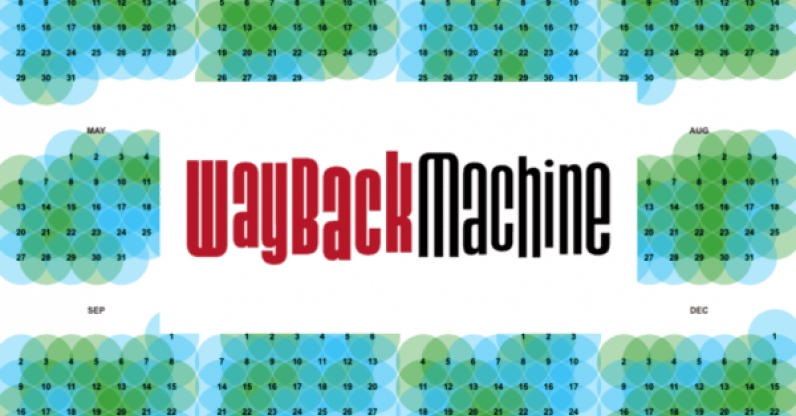
#1yrago Gopher shows us how adversarial interoperability was there from the start pluralistic.net/2020/02/21/plu…
#1yrago Bloomberg's campaign NDA is a gag order that covers sexual abuse and other crimes pluralistic.net/2020/02/21/plu…
11/
#1yrago Bloomberg's campaign NDA is a gag order that covers sexual abuse and other crimes pluralistic.net/2020/02/21/plu…
11/

Yesterday's threads: Tech trustbusting's moment has arrived; Signed copies of HOW TO DESTROY SURVEILLANCE CAPITALISM; and more!
12/
https://twitter.com/doctorow/status/1363190419715067904
12/

My latest novel is Attack Surface, a sequel to my bestselling Little Brother books. @washingtonpost called it "a political cyberthriller, vigorous, bold and savvy about the limits of revolution and resistance."
Get signed books from @darkdel: darkdel.com/store/p1840/Av…
13/
Get signed books from @darkdel: darkdel.com/store/p1840/Av…
13/
My book "How to Destroy Surveillance Capitalism" is a critique of Big Tech connecting conspiratorial thinking to the rise of tech monopolies and proposing a way to deal with both. It's out in paperback!
bookshop.org/books/how-to-d…
Signed copies here:
darkdel.com/store/p2024/Av…
14/
bookshop.org/books/how-to-d…
Signed copies here:
darkdel.com/store/p2024/Av…
14/

My ebooks and audiobooks (from @torbooks, @HoZ_Books, @mcsweeneys, and others) are for sale all over the net, but I sell 'em too, and when you buy 'em from me, I earn twice as much and you get books with no DRM and no license "agreements."
craphound.com/shop/
15/
craphound.com/shop/
15/

Upcoming appearances:
* Keynote, NISO Plus, Feb 22, niso.plus/cory-doctorow-…
* Mellon Sawyer Seminar on Contemporary Political Struggle: Social Movements, Social Surveillance, Social Media (with Zeynep Tufekci), Feb 24, ucdavis.zoom.us/webinar/regist…
16/
* Keynote, NISO Plus, Feb 22, niso.plus/cory-doctorow-…
* Mellon Sawyer Seminar on Contemporary Political Struggle: Social Movements, Social Surveillance, Social Media (with Zeynep Tufekci), Feb 24, ucdavis.zoom.us/webinar/regist…
16/

Recent appearances:
* Technology, Self-Determination
* "Permanent Record" (Snowden)
* "Agency" (William Gibson)
* Software Freedom is Essential to Human Freedom
17/
* Technology, Self-Determination
* "Permanent Record" (Snowden)
* "Agency" (William Gibson)
* Software Freedom is Essential to Human Freedom
17/
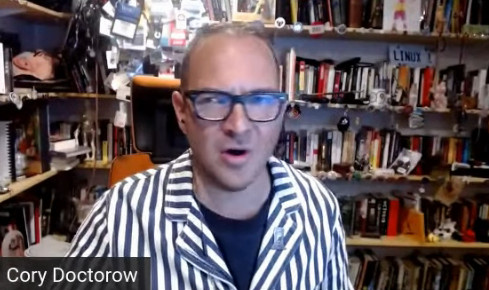
My first picture book is out! It's called Poesy the Monster Slayer and it's an epic tale of bedtime-refusal, toy-hacking and monster-hunting, illustrated by Matt Rockefeller. It's the monster book I dreamt of reading to my own daughter.
pluralistic.net/2020/07/14/poe…
18/
pluralistic.net/2020/07/14/poe…
18/

You can also follow these posts as a daily blog at pluralistic.net: no ads, trackers, or data-collection!
Here's today's edition: pluralistic.net/2021/02/21/pal…
19/
Here's today's edition: pluralistic.net/2021/02/21/pal…
19/
If you prefer a newsletter, subscribe to the plura-list, which is also ad- and tracker-free, and is utterly unadorned save a single daily emoji. Today's is "👨🏿🔬". Suggestions solicited for future emojis!
Subscribe here: pluralistic.net/plura-list
20/
Subscribe here: pluralistic.net/plura-list
20/
Are you trying to wean yourself off Big Tech? Follow these threads on the #fediverse at @pluralistic@mamot.fr.
Here's today's edition: mamot.fr/@pluralistic/1…
21/
Here's today's edition: mamot.fr/@pluralistic/1…
21/
• • •
Missing some Tweet in this thread? You can try to
force a refresh












